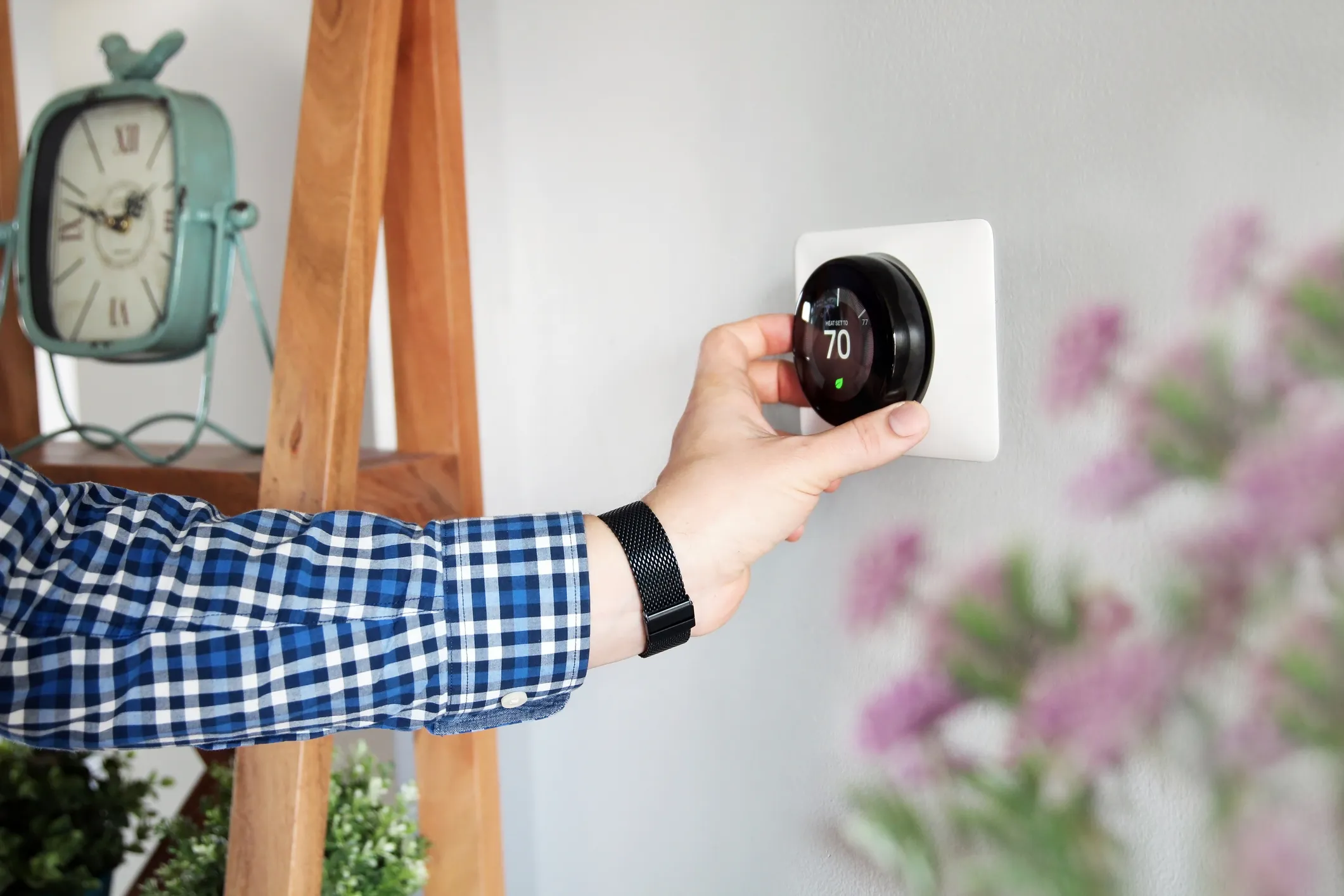The Great Debate: Is It More Expensive to Heat or Cool Your Home?
Have you ever noticed how your energy bills skyrocket when you’re struggling to keep cool in the blazing summer heat or cozy during winter’s coldest nights? This constant battle has made many homeowners want to know whether heating or cooling their home costs more?
Trying to find this out isn’t always straightforward, as it might differ based on a few things. Carefully review each one to know for sure whether your bills may be higher in the summer or the winter. Then, try out the following tips to keep heating and cooling costs down throughout the year.
What Type of HVAC System Is Installed?
The specific system you use to heat and cool your home influences your total costs. Models range from the traditional furnace and air conditioner combo to newer choices like a heat pump or ductless mini-split. Older, less efficient systems will likely have higher operating costs, while newer models offer higher efficiency.
If your equipment is more than 10 years old and you’re interested in lower energy costs, we recommend a high-efficiency HVAC system. The perfect option for you is dependent on your home’s size and layout, your local climate, and whether your home has existing ductwork.
What Fuels Do You Use to Heat and Cool Your Home?
The cost of heating and cooling two different homes may be markedly different based on their fuel sources. In many areas, natural gas is less expensive than electricity, making gas furnaces more economical than electric air conditioners.
On that note, electric furnaces are remarkably pricey to run. If electricity is your primary or favored choice, a heat pump is a better option for efficiency. This system offers both heating and cooling capabilities at a lesser expense than traditional electric furnaces or space heaters.
Considering Solar Panels for Economical Heating and Cooling?
Installing solar panels can dramatically offset electricity costs, making them an attractive option for many homeowners. Solar panels are especially useful for homes with primarily electric HVAC systems, including heat pumps or electric furnaces and air conditioners, as they can take advantage of the sun’s free energy to power these systems.
At the same time, solar energy won’t affect the costs related to natural gas or other fossil fuels. So in this instance, heating with a gas-powered furnace is pricier than cooling with an electric AC.
The Influence of Climate on Your Heating and Cooling Expenses
The highs and lows of your climate is one of the biggest factors affecting heating and cooling costs. Generally, the greater the temperature difference between indoors and outdoors, the more energy is required to maintain a complete sense of comfort.
Because of this, cooling costs will be more expensive than heating costs in hotter southern climates, where the frequency of severely high outdoor temperatures is more intense. Conversely, yearly heating costs surpass cooling costs in temperate climates with long, cold winters, reflecting the energy necessary for keeping the home warm all year long.
Setting Your Thermostat and Its Impact on Utility Bills
Your thermostat settings significantly influence what you pay for heating and cooling. Preferences differ; some keep their homes warmer, leading to higher heating costs, while others prefer cooler temperatures, boosting cooling costs. Adjust your thermostat accordingly each winter and higher in time for summer, and then wear appropriate clothes to stay comfortable while reducing energy use. A smart thermostat can adjust your home’s temperature on its own, lowering your overall expenses.
How Landscaping Affects Your Heating and Cooling Costs
You may not think of it at first, but the plants and landscaping around your home greatly influences home temperatures. Plants that provide shade to your house reduce cooling costs in the summer but can block warming sunlight during winter. Conversely, total exposure on your property results in more costly cooling expenses and generally smaller heating bills.
Want to make your landscaping work for you? Plant several deciduous trees on your home’s south and west sides. This generates summertime shade while allowing the sunlight to filter through in the winter once the trees have lost all their leaves.
The Impact of Your Home’s Orientation on Climate Control
Even the direction of your home impacts its sun exposure, in turn affecting heating and cooling needs. Homes with significant southern exposure have access to more sunlight, making them simpler to keep warm in the winter but possibly more challenging to cool in the summer. Homes looking north, meanwhile, receive less direct sunlight, staying cooler in the summer but requiring more heat each winter.
Tailored HVAC Solutions to Meet Your Needs
Every homeowner’s situation is unique. That’s why Enercare McKinley offers tailored HVAC solutions to optimize comfort and efficiency. Our quick and affordable services and repairs are designed to address all your comfort problems. So, if you want to reduce your heating and cooling costs without compromising comfort, contact Enercare McKinley for personalized assistance.



